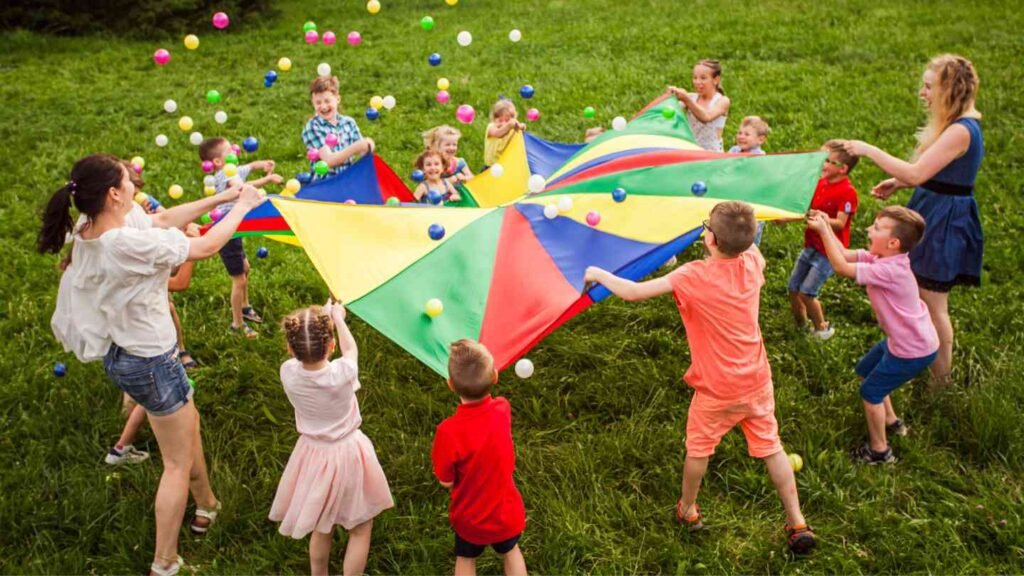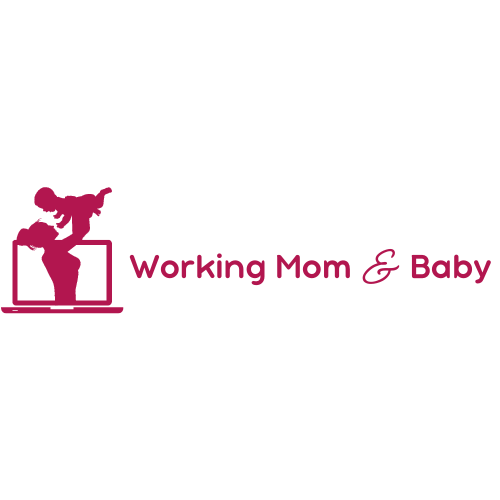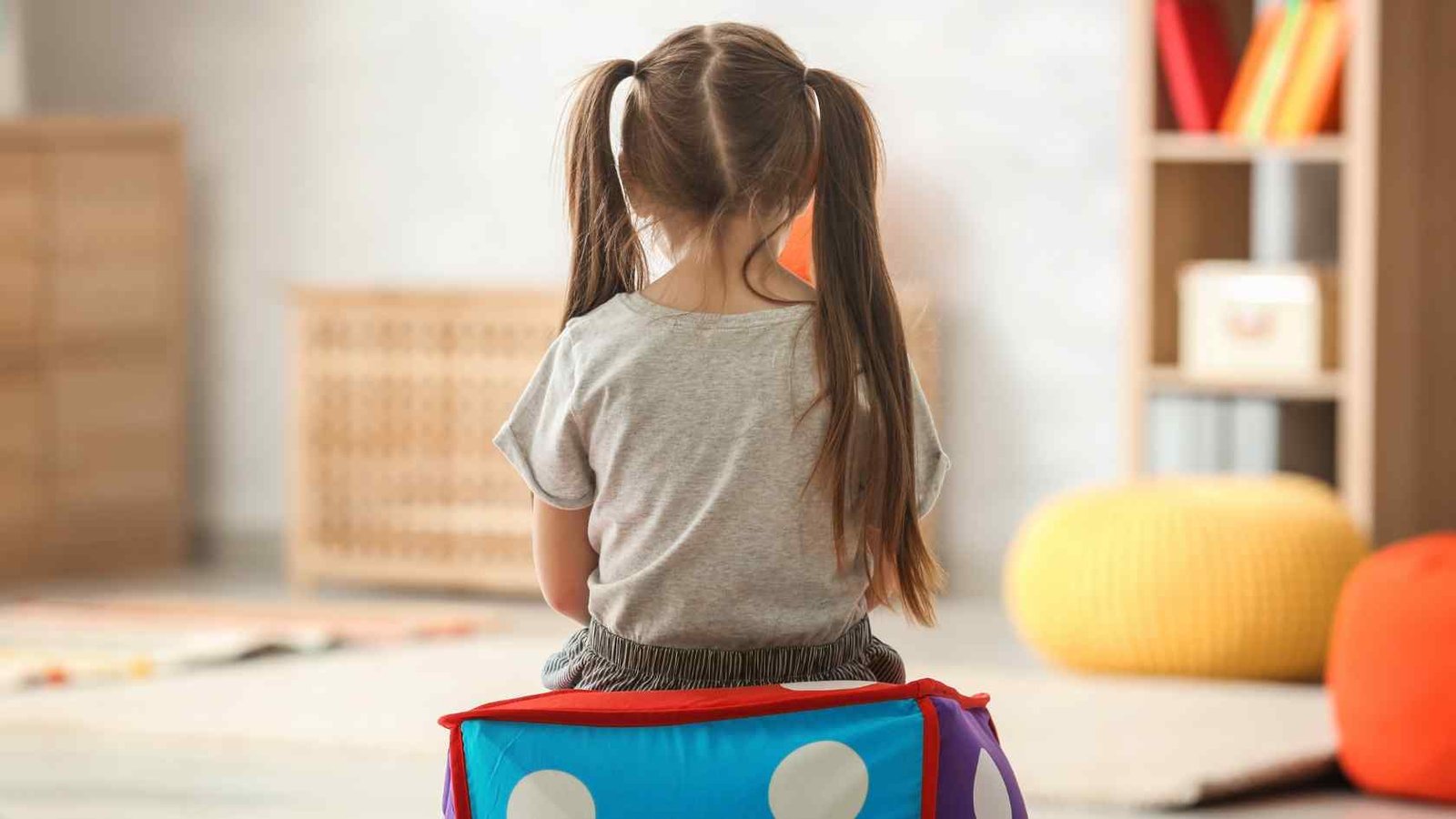Helping your child develop social skills early on is key to their growth. It teaches them how to communicate, make friends, and build relationships.
As a working parent, you might worry about having enough time to support their social growth. But the good news is, you don’t need to be around all the time to make a big impact.
In this article, we’ll show you simple ways how to support social development in early childhood, even with a busy schedule. Plus, we’ll look at the benefits of fostering these skills early on.
Related Reading: Am I Affecting My Child’s Development By Working Full-Time?—Here’s The Answer
Why Social Development in Early Childhood Matters
Social development is all about learning how to connect with others. It helps kids understand social rules, make friends, and express themselves.
Here’s why it’s so important:
It Helps Child in Building Relationships
Social skills help your child form strong bonds with family, friends, and teachers. As they grow, these relationships are key to emotional well-being and resilience.
Make Them Better in Communicating
Children who develop social skills early can express their thoughts and feelings. They also listen to others.
Be More Confidence in Groups
Socially confident kids feel more comfortable in new situations, like starting school or meeting new people.
Related Reading: Raising Emotionally Strong Kids – Tips for Working Parents
How to Support Social Development in Early Childhood
Even if you’re not with your child all day, you can still help them grow socially. Here’s how:
1. Encourage Playtime with Other Kids

Play is one of the best ways for children to learn social skills. Playing with other kids teaches them how to share, take turns, and cooperate.
Here are several tips you can try:
Set Up Playdates
Arrange playdates with friends, neighbors, or kids from daycare. Even a short playdate can teach your child how to interact with others.
Encourage Team Play
Games that involve working together, like building blocks or pretending to play house. It helps your child learn to communicate and solve problems.
2. Be a Social Role Model at Home
Your child watches and learns from you. Even if you’re busy, they can still learn a lot by seeing how you interact with others.
Here’s what you need to do:
Show Good Communication
Talk to your child about their day, ask questions, and really listen to their answers. This shows them how to have a conversation.
Work Through Problems Together
When your child is upset, help them solve the issue.
For example, “I know you’re mad, let’s figure out how to make it better.”
This teaches empathy and how to deal with frustration.
3. Teach Empathy and Kindness
Empathy is a key part of social development. It helps children understand how others feel and respond in caring ways.
Here’s what you can do:
Talk About Feelings
When reading a book or watching a show, ask your child how the characters might feel. This helps them recognize emotions and develop empathy.
Praise Acts of Kindness
When your child is kind—like sharing or comforting someone—praise them. Positive feedback encourages more kindness.
4. Create Group Interaction Opportunities
Kids learn a lot about social behavior by interacting with groups, like in daycare or family gatherings.
Here are where your child can practice social skills:
Daycare or Preschool
If your child is in daycare or preschool, they’re already practicing social skills with other kids. Encourage them to tell you about their day and interactions with friends.
Family Time

Family gatherings are also great for social practice. Encourage your child to talk to relatives, share stories, and play with cousins.
5. Stick to Routines
Routines give kids a sense of security. It helps them feel more confident when interacting with others.
Here’s what you can do:
Daily Routines
Morning and bedtime routines provide stability. Even small things like a regular breakfast time or a story before bed help your child feel secure.
Involve Caregivers
Make sure anyone who helps care for your child, like a babysitter or daycare provider, follows the same routine. This consistency makes kids feel safe and supported.
Related Reading: 5 Best Child Care Solutions for Busy Parents—And How to Choose
The Benefits of Supporting Social Development
Helping your child develop social skills early on brings a lot of long-term benefits.
Here’s why it’s worth the effort:
1. They Can Make Better Friendships
Kids with strong social skills find it easier to make and keep friends.
2. Have a Good Emotional Well-Being
Socially skilled children feel more secure and less anxious in new situations. They know how to express their emotions and feel good about their relationships.
3. Success in School
Good social skills help kids do well in school. They can communicate better, follow directions, and work well with classmates.
Start With Small Efforts
Supporting your child’s social development doesn’t take up all your time.
Even as a working parent, you can help by encouraging play, teaching empathy, and keeping a routine.
These small efforts will help your child build the social skills they need for life.
How do you support your child’s social growth while working? Share your experiences in the comments below.
Check out more articles on workingmomandbaby.com for tips on parenting and child development!

